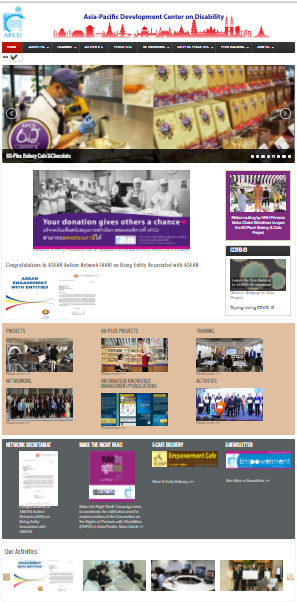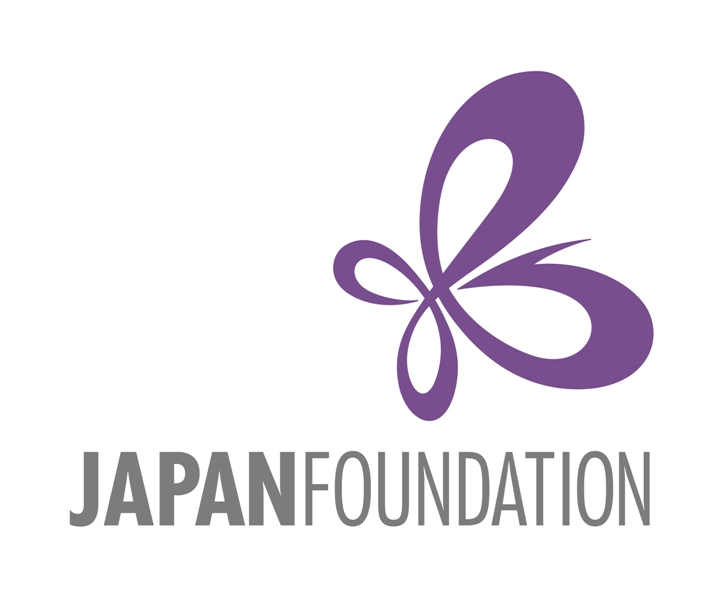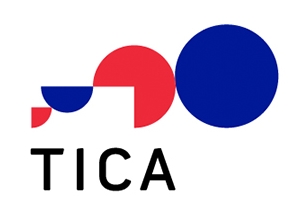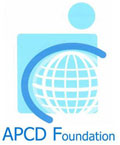Bangkok Statement on South-to-South Cooperation on Disability

Bangkok Statement on South-to-South Cooperation on Disability
We, the senior government focal points on disability and business representatives from the region of the Association of Southeast Asian Nations (ASEAN) and implementers of community-based rehabilitation from 19 countries in Asia and the Pacific, participating in the United Nations Economic and Social Commission for Asia and the Pacific (ESCAP)/Asia-Pacific Development Center on Disability (APCD) Senior Officials’ Meeting on South-to-South Cooperation on Disability at the United Nations Conference Centre in Bangkok, Thailand on 19 and 20 August 2010:
Reaffirming the significance of the partnership between ESCAP and APCD in accelerating the promotion of further implementation of the Biwako Millennium Framework for Action and the Biwako Plus Five, as recommended in ESCAP resolutions 58/4 of 22 May 2002, 59/3 of 4 September 2003, 61/8 of 18 May 2005;
Recognizing the importance of active governments’ participation in the preparatory process leading up to the High-level Intergovernmental Meeting on the Final Review of the Implementation of the Asian and Pacific Decade of Disabled Persons, 2003-2012, as well as the participation of multi-stakeholders, including organizations of persons with disabilities in Asia and the Pacific, as recommended by ESCAP resolution 66/11 of 19 May 2010;
Hereby unanimously agree to recommend as follows:
- ESCAP should proclaim a new regional decade on disability (2013-2022) before the conclusion of the current decade (2003-2012);
- The prime focus of the new decade should be the promotion of the ratification and the implementation of the United Nations Convention on the Rights of Persons with Disabilities and disability-inclusive development;
- Strategic priorities for the new decade should include “leadership development of persons with disabilities”, “the promotion of community inclusive and gender-sensitive development” and “the promotion of socially inclusive business development”;
- ESCAP and APCD should enhance their collaboration in preparing for the conclusion of the current decade and in forging a set of priorities and plans for the new decade;
- ASEAN members should provide a model of sub-regional cooperation and should work closely with the other four sub-regions of ESCAP in the implementation of the new decade in Asia and the Pacific.
Representative from Senior Government Officials:
Baykham Khattiya, Permanent Secretary, Ministry of Labour and Social Welfare, Lao People’s Democratic Republic
Representative from Disabled People’s Organizations:
Boonlert Surakittidech, Member, Association of Deaf Persons of Chonburi, Thailand
Representative from the Business Sector:
Annie S. Garcia, President, SM Supermalls, Philippines
20 August 2010
Bangkok, Thailand











